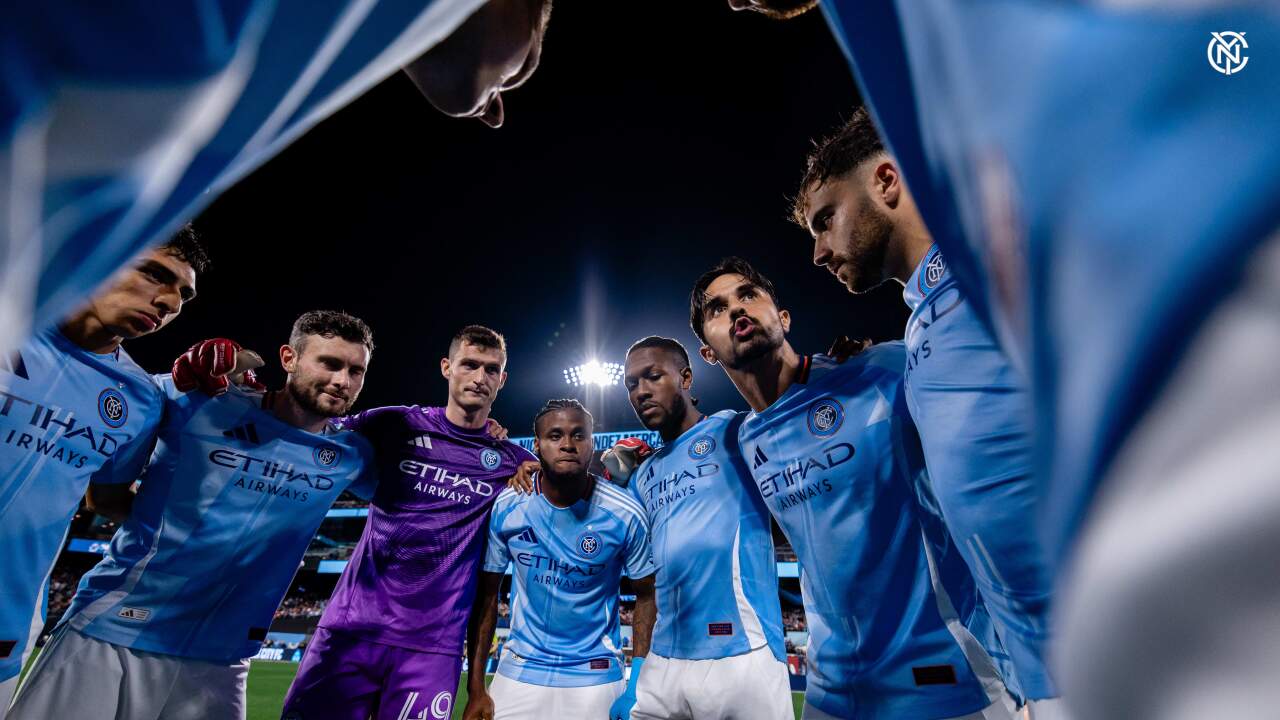-
Independent lenders rebut suggestions that they pose a greater risk to FHA (and hence taxpayers) than the large banks.
April 8 -
The shift in market composition is fueling concerns that if defaults rise, the Federal Housing Administration would have a harder time making lenders eat the losses on poorly underwritten loans.
April 6 -
Still reeling from underwriting guidelines that went into effect last year, some small lenders are worried that a new mortgage disclosure regime might be the thing that pushes them over the edge.
April 14
Nonbank lenders are gaining a bigger piece of the mortgage market. That's bad news for big and midsize banks but it may prove to be a boon for community banks.
The country's four largest banks will see their mortgage originations market share fall from 45% to about 30% by 2020, according to a 2014
Online and independent lenders have achieved their success by focusing on digital technology and customer convenience. As an example, J.D. Power recognized Quicken Loans for five consecutive years of
Community banks can learn a lot from the consumer shift to nonbank lenders. Right now, small banks are losing retail deposits to national banks. But the mortgage business caters to their inherent strengths: knowledge of borrowers and local conditions.
These are attributes that often elude national institutions. A recent
Yet borrower relations and local knowledge arent enough to secure the future. Accenture
Online searches related to real estate rose 253% between 2008 and 2012, according to a
Community lenders can take a big step toward a profitable future by making their mortgage processes digital. They should start by switching to electronic closing documents. According to a 2013
Community banks should also consider launching a Google search engine ad campaign in order to help home-hunters find them online. Bankrate and NerdWallet are two other good websites for displaying digital ads, since consumers use them to compare different mortgage products. Zillow is also a good site for reaching prospective home shoppers, while Lending Tree is an option if you want only high-potential leads.
Community banks should also build mortgage websites with plenty of features that engage consumers, such as a rate watch monitor, loan payment calculator, home-buying quiz or pre-application option. Once current and potential customers visit your site, you can court them for a few months by putting cookies in their browsers. Your ads will follow them as they browse the Internet.
Nonbank mortgage lenders are proving that a simple and convenient online presence is key to consumer satisfaction and market growth. By digitizing the entire mortgage origination process including advertising community lenders will be better able to enhance efficiencies, manage compliance requirements and enjoy greater flexibility. In this way, they can be agile and innovative while retaining the homespun service that differentiates them from the big bank down the street.
Kevin Tynan is senior vice president of marketing at Liberty Bank in Chicago. He can be reached at tynanmarketing.com and on Twitter at





